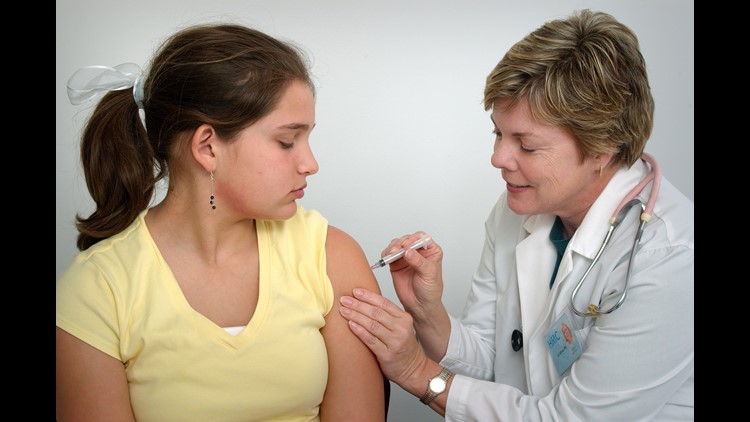HARTFORD – A survey in the Journal of Pediatrics found that 87 percent of pediatricians now report speaking with parents who are refusing to get their children vaccinated compared to 75 percent of pediatricians in 2006. Three out of 4 of those refusing vaccinations for their children believe that vaccines are unnecessary since so few people get diseases such as polio, pertussis, and measles.
Medical experts say every nation needs to have a comprehensive vaccination strategy in order to protect them. Having people refuse vaccines leaves a huge hole in our safety net and puts not just them, but society at risk. In the mid-1970s, 80 percent of Japanese children were vaccinated against pertussis with only 393 cases per year and no deaths. In response, the immunization rate dropped to 10 percent and by 1979, 13,000 people contracted whooping-cough and 41 people died. In December 2014 to 2015, 131 people in California contracted Measles and 1 in 5 had to hospitalized. California is ripe for outbreaks of communicable diseases because several communities only have immunization rates in the 50 percent range.
When you have a rate that low, children with immune system issues and infants who are too young to be immunized yet are at much higher risk of contracting the disease so it isn’t just a personal choice with personal consequences. Three out of 10 people infected with the disease were vaccinated but their bodies were unable to withstand such a large exposure to measles so even the immunized can be hurt during an outbreak. People need to understand that in many parts of the world, these diseases are still endemic and it is impossible to keep infected people from abroad traveling to the United States or people traveling to their countries and then bringing the diseases back here. A single person with measles can expose dozens of people every day and people working in places like fast food restaurants can expose even more. Like with Zika, it is tremendously hard to prevent outbreaks just through surveillance and isolation of the infected.
Very large high-quality studies have found no link between vaccines and autism. Many children get sore arms of legs where the injection was given, some get fevers and feel a little off for a day, and in a few cases, the fevers can cause harmless self-limiting seizures. About 1 in a million kids do get a serious reaction and those children can be harmed. If each word in the entire Harry Potter series was a child, only one of those children would have a serious adverse event. Compare this extremely low risk with the huge benefits for the entire population and we have to assure that children get immunized.
Connecticut does well, with less than 2 percent of students in kindergarten and seventh grade have exemptions from vaccination. Here you can only be exempted for religious and health reasons, not personal objections. However, the number of children with exemptions was only 0.12 percent in 1999 so even we are going in the wrong direction.
Dr. Michael White, UConn School of Pharmacy



